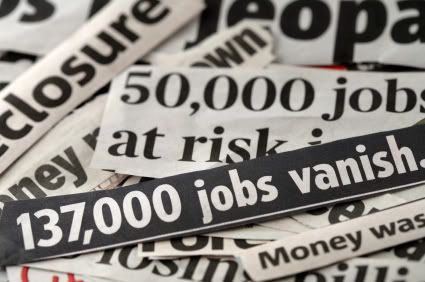Forbes magazine contributor Joel Kotkin has an incredibly interesting take on President Obama’s rejection yesterday of the Keystone XL pipeline. It involves Kotkin's view that there are two Americas (no, not John Edwards’s two Americas):
America has two basic economies, and the division increasingly defines its politics. One, concentrated on the coasts and in college towns, focuses on the business of images, digits and transactions. The other, located largely in the southeast, Texas and the Heartland, makes its living in more traditional industries, from agriculture and manufacturing to fossil fuel development.
Traditionally these two economies coexisted without interfering with the progress of the other. Wealthier gentry-dominated regions generally eschewed getting their hands dirty so that they could maintain the amenities that draw the so-called creative class and affluent trustifarians. The more traditionally based regions focused, largely uninhibited, on their core businesses, and often used the income to diversify their economies into higher-value added fields.
Perhaps because I hail from the rural south, I might take issue with some of Kotkin’s description of us bumpkins. However, his overall thesis is just so spot on (as we say in the rural south) that all is forgiven. He gets Keystone in a nutshell:
To appease largely urban environmentalists, the Obama team has squandered the potential for thousands of blue-collar jobs in the Heartland and the Gulf of Mexico.
Yes, in essence, if you buy Kotkin’s thesis, the decision to kill Keystone XL was an aesthetic decision that will cost Americans jobs.
Kotkin calls the anti-Keystone, urbanist culture NIMBY America. Though not industrial or agricultural in any traditional sense, NIMBY America creates enormous economic value. Silicon Valley is the prime example. But this America is becoming increasingly toxic to middle-class values (and, in the case of Keystone, to the kinds of businesses that create the employment necessary to move people into the middle class and, once there, remain).
But the country needs both these Americas: I want my Mac and the rest of the country needs the core businesses that develop in my old neck of the woods. Nowhere is the hostility of NIMBY America better seen than in the hostility of extreme environmentalists to projects such as Keystone.
But the president is joined at the hip to the argula set. He no doubt would love to put people back to work. But, as the Wall Street Journal explains in an an editorial today, he has other values:
The central conflict of the Obama Presidency has been between the jobs and growth crisis he inherited and the President's hell-for-leather pursuit of his larger social-policy ambitions. The tragedy is that the economic recovery has been so lackluster because the second impulse keeps winning.
Yesterday came proof positive with the White House's repudiation of the Keystone XL pipeline, TransCanada's $7 billion shovel-ready project that would support tens of thousands of jobs if only it could get the requisite U.S. permits. Those jobs, apparently, can wait.


